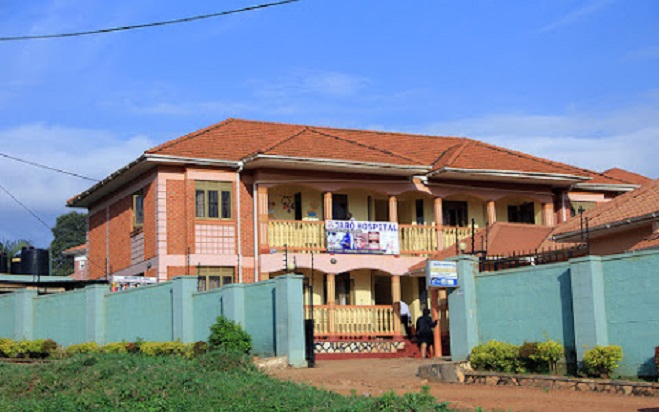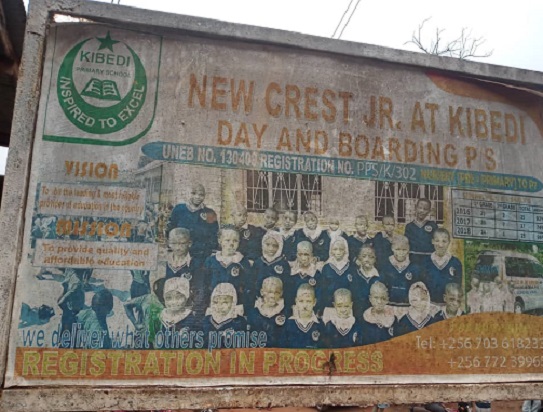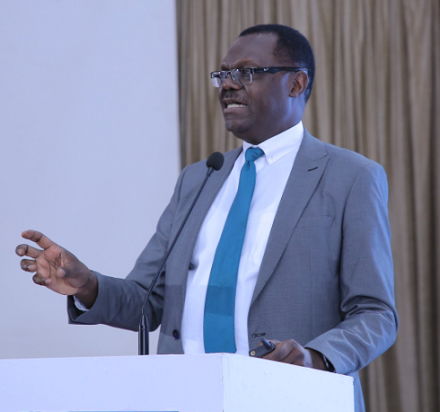The Implementation of Executive Order Number 3 is set to resume in Northern Uganda once the government lifts animal quarantine in some parts of the country, State Minister for Northern Uganda, Dr. Kenneth Omona has revealed.
Executive Order No.3 was issued by President Museveni in May last year and aimed at addressing complaints of illegal land acquisition by Migrant cattle keepers also commonly known as Balaalo and abetting environmental injustices in Northern Uganda.
Its implementation commenced in November last year, but the exercise stalled early this year in several districts in the region.
Dr. Omona told stakeholders at a meeting in Gulu City Friday that the national quarantine imposed on animal movement by the Ministry of Agriculture following the outbreak of FMD in more than 20 districts affected the eviction exercise.
In February this year, the Ministry of Agriculture imposed quarantine in several districts after an outbreak of FMD to curb the spread of the highly contagious disease that affects cloven hoof animals.
Omona however assured local leaders in Northern Uganda that Executive Order No. 3 still stands and would immediately resume once the government lifted the quarantine on the movement of animals.
Without disclosing the exact date and month, Omona noted that President Museveni is expected to meet with the technical team in the implementation of Executive Order No.3 in the region soon.
But Anthony Akol, the Kilak North Member of Parliament says while the government claims the eviction of balaalo stalled over the FMD outbreak, several trucks carrying cattle are still moving out of the region.
Akol said the government needs to come out clear on what he describes as double standards in stopping the eviction of the migrant cattle keepers but allowing their animals to move to the markets despite quarantine.
According to statistics provided by the government, by November last year, there were an estimated 8,000 noncompliant migrant cattle keepers illegally occupying lands in Northern Uganda.
During the stakeholders’ engagement meeting which attracted various stakeholders from Acholi, Bukedi, Lango, West Nile, and Elgon, leaders presented cross-cutting concerns that have left Northern Uganda in abject poverty which calls for urgent intervention from the government.
The Ministry of Finance, Planning, and Economic Development poverty status report 2021 released in February last year ranks the North among the poorest regions in the country with Acholi taking the lead followed by the Karamoja region.
Emmanuel Orach, the Nwoya District Chairperson highlighted pressing challenges in the areas of the slow success of the Presidential four-acre model initiative, human-wildlife conflicts in areas bordering National Parks, and the high cost of land opening for farmers. Orach also noted there is a need to build the capacity of farmers in value addition to cut down the loss of revenue to middlemen.
Dr. Omona acknowledged that Northern Uganda’s poverty status is alarming and urged stakeholders such as religious and cultural leaders to join hands with the government in fighting the vice.
He, however, suggested that the government ought to introduce perennial cash crops for Northern Uganda like other regions in the country where the government is investing and promoting the growing of tea and coffee.
Prime Minister Robinah Nabbanja who officiated the stakeholder’s meeting assured the leaders that the government is committed to ensuring the affirmative action programs for Northern Uganda remain a top priority in addressing poverty.
She also noted that the government is currently in the process of reintroducing the Northern Uganda Social Action Fund Phase Four (NUSAF4) will only target livelihood instead of infrastructure like NUSAF Phase 3.
According to the government, NUSAF 4 will be rolled out in July this year to the tune of US$ 250 million as a loan and US$ 40 million as a grant for over five years aimed at providing a lifeline for the over 39 percent of the region’s population living in poverty.
NUSAF 4 will support a total of 4,064 parishes, 667,000 households, and 31 million beneficiaries with expected 21,000 self-employment enterprises expected to be created for youth beneficiaries.
–URN





